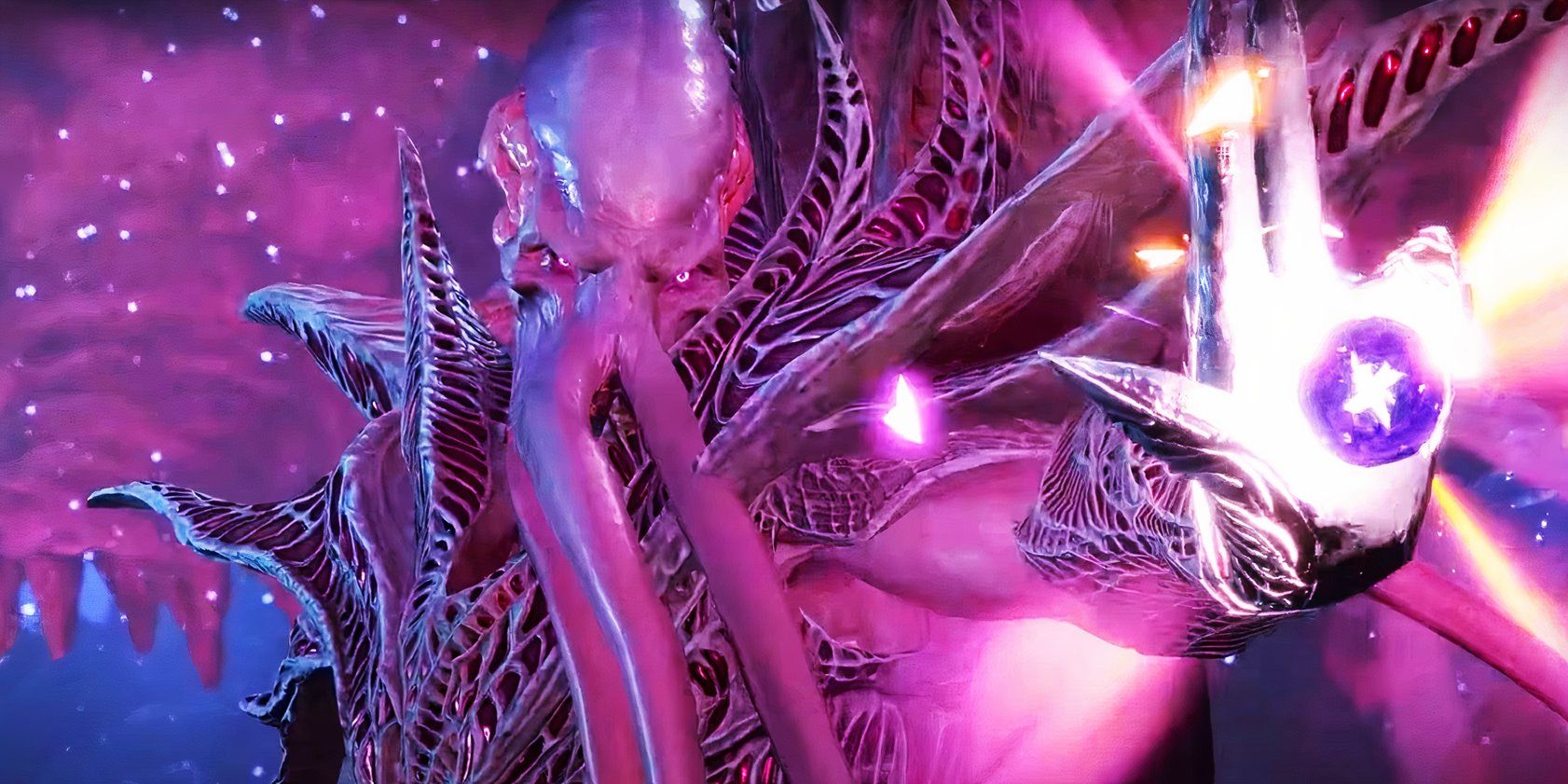
[Warning: Spoilers for Baldur’s Gate 3, Act 3.]
With the game having now been released for over a year, fans are still divided about the Emperor being good or evil. He is an essential part of the plot, and the story would have gone differently – likely a lot worse – without him. Despite this, many people still decide to choose Orpheus over him, so what makes the Emperor’s ideals so difficult to place?
The Emperor Stays True To His Word, And Is A Crucial Part Of The Storyline
It Makes Perfect Sense That Balduran Would Want To Protect His Own City
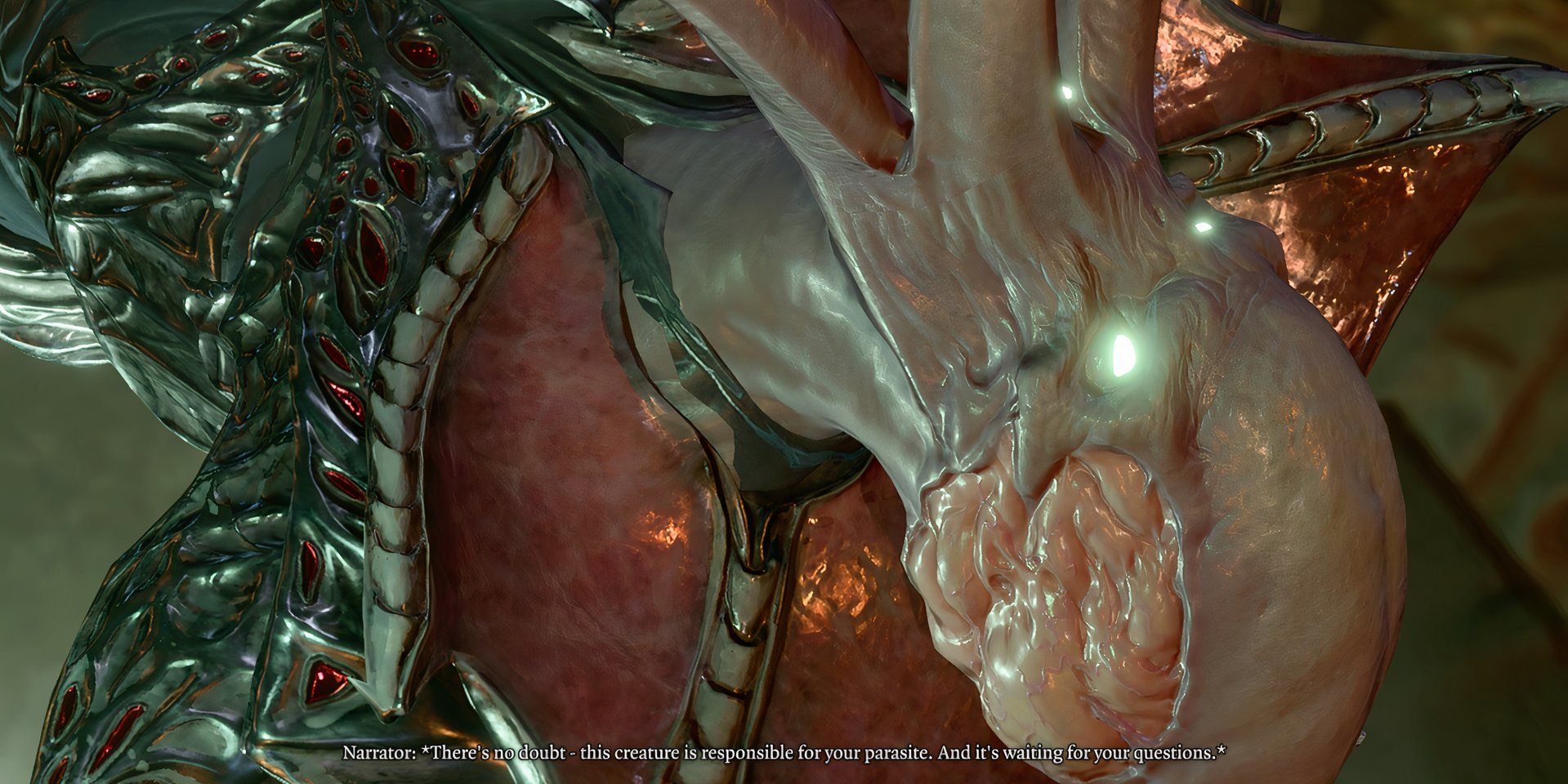

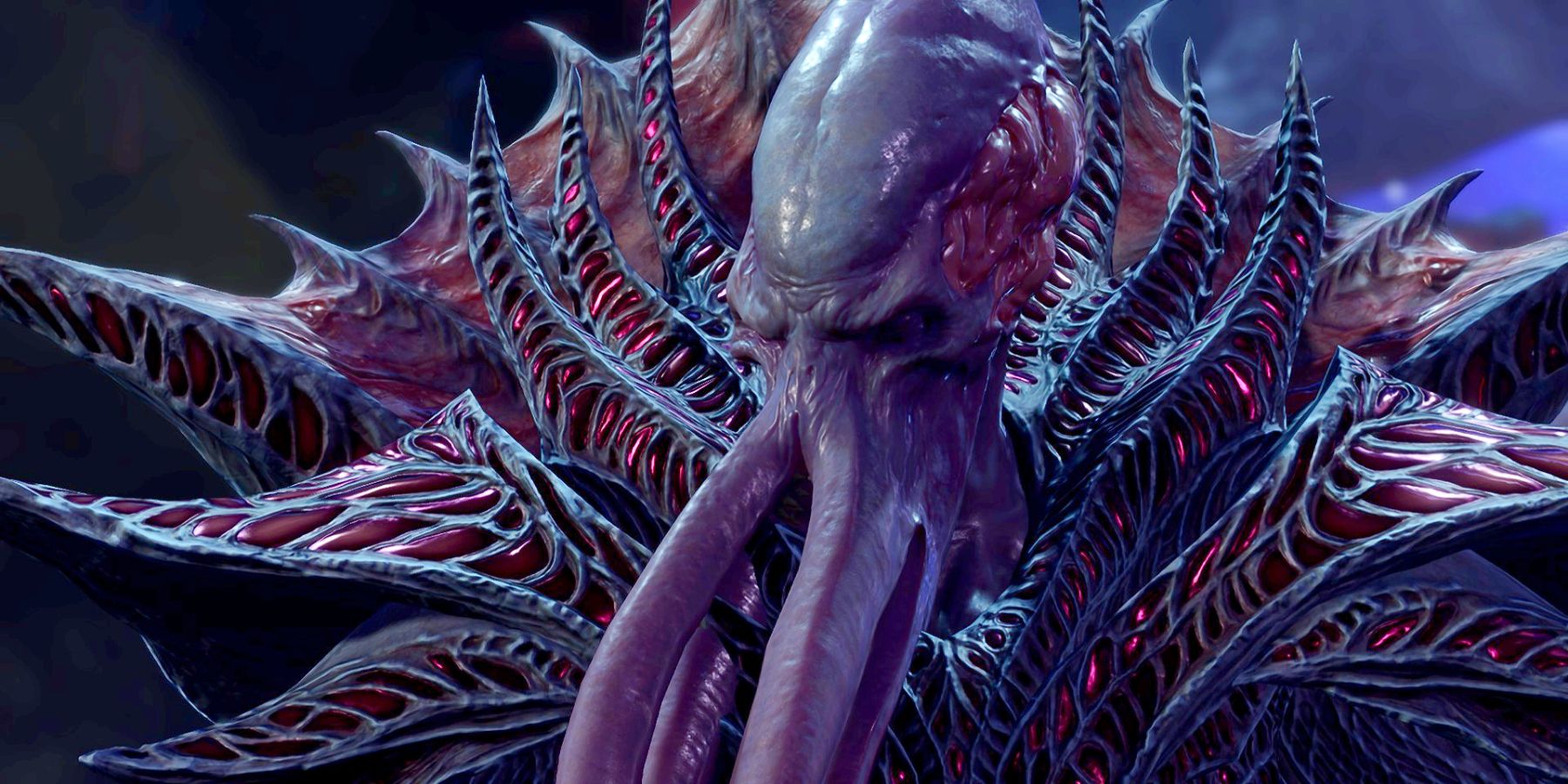







The player can ask the dead mind flayer in the goblin camp why they abducted them – they can also ask a question about the nautiloid they were on, which further solidifies that this is the specific mind flayer that infected them in the opening cutscene.
The Emperor will only take over the Netherbrain at the end of Baldur’s Gate 3 if convinced to by the player, which implies that his motivations aren’t power-driven, but out of a genuine desire to be free – which he reiterates himself. It’s in his best interest to keep the party alive, since he needs allies in the material plane in order to collect the Netherstones and defeat the Chosen. He’s also not the only rogue mind flayer in the game – Omeluum is also free from the elder brain’s influence, but it is the Emperor who takes the initiative to save his old city.
At The End Of The Day, The Emperor Is A Mind Flayer – Can He Really Be Trusted?
The Emperor’s Manipulative And Self-Preserving Nature Leaves Players To Debate His Motives
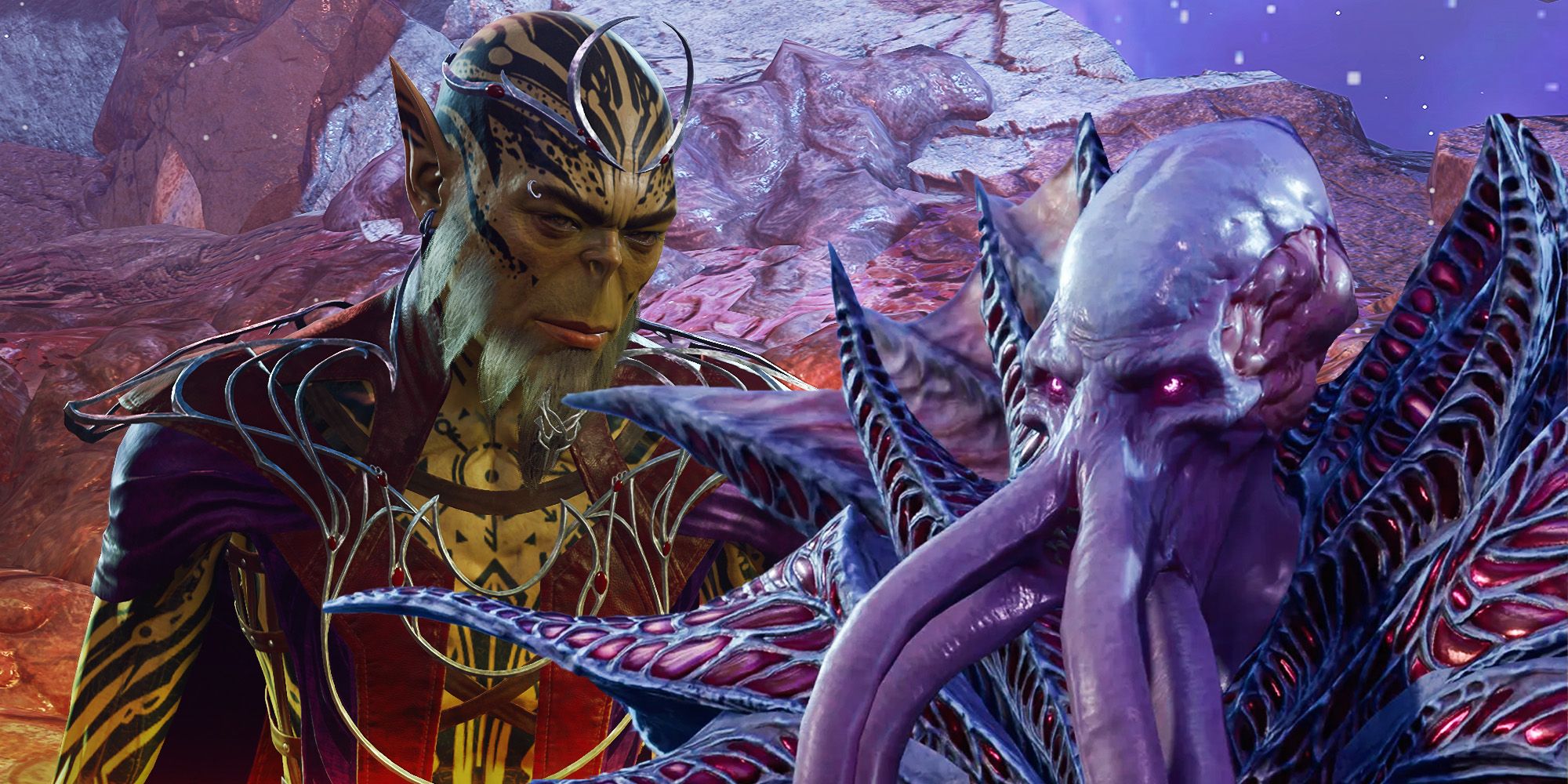
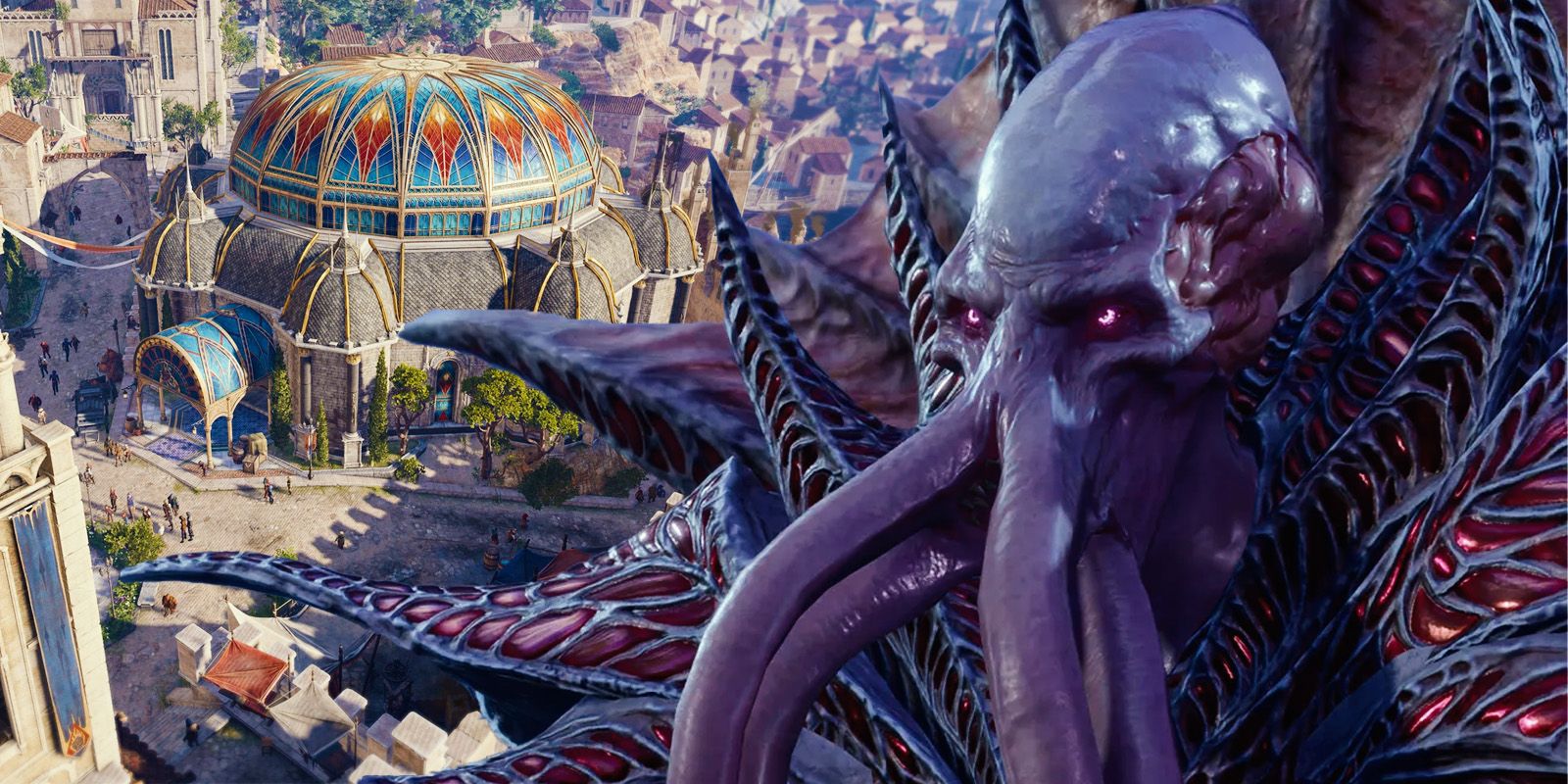
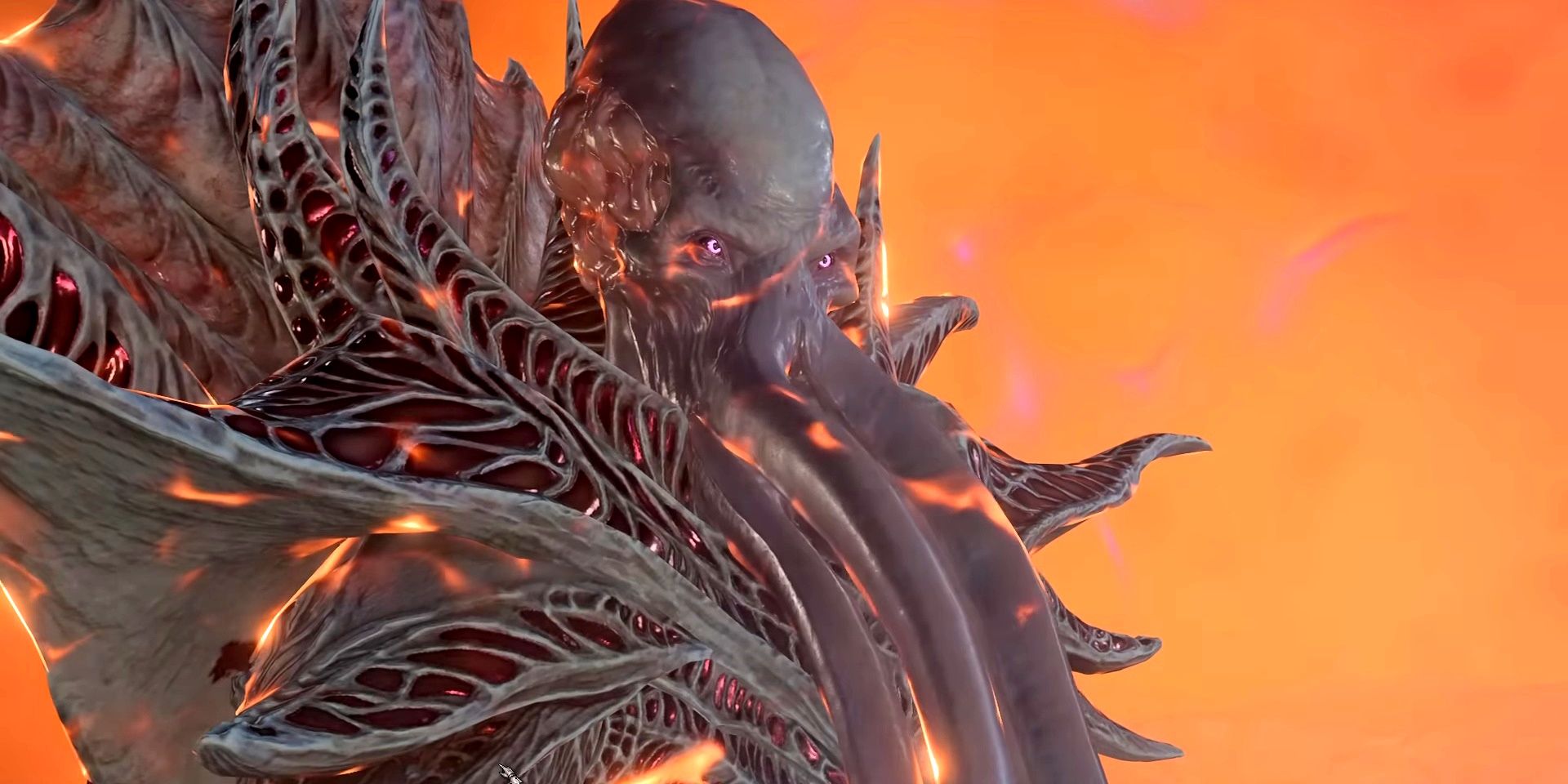
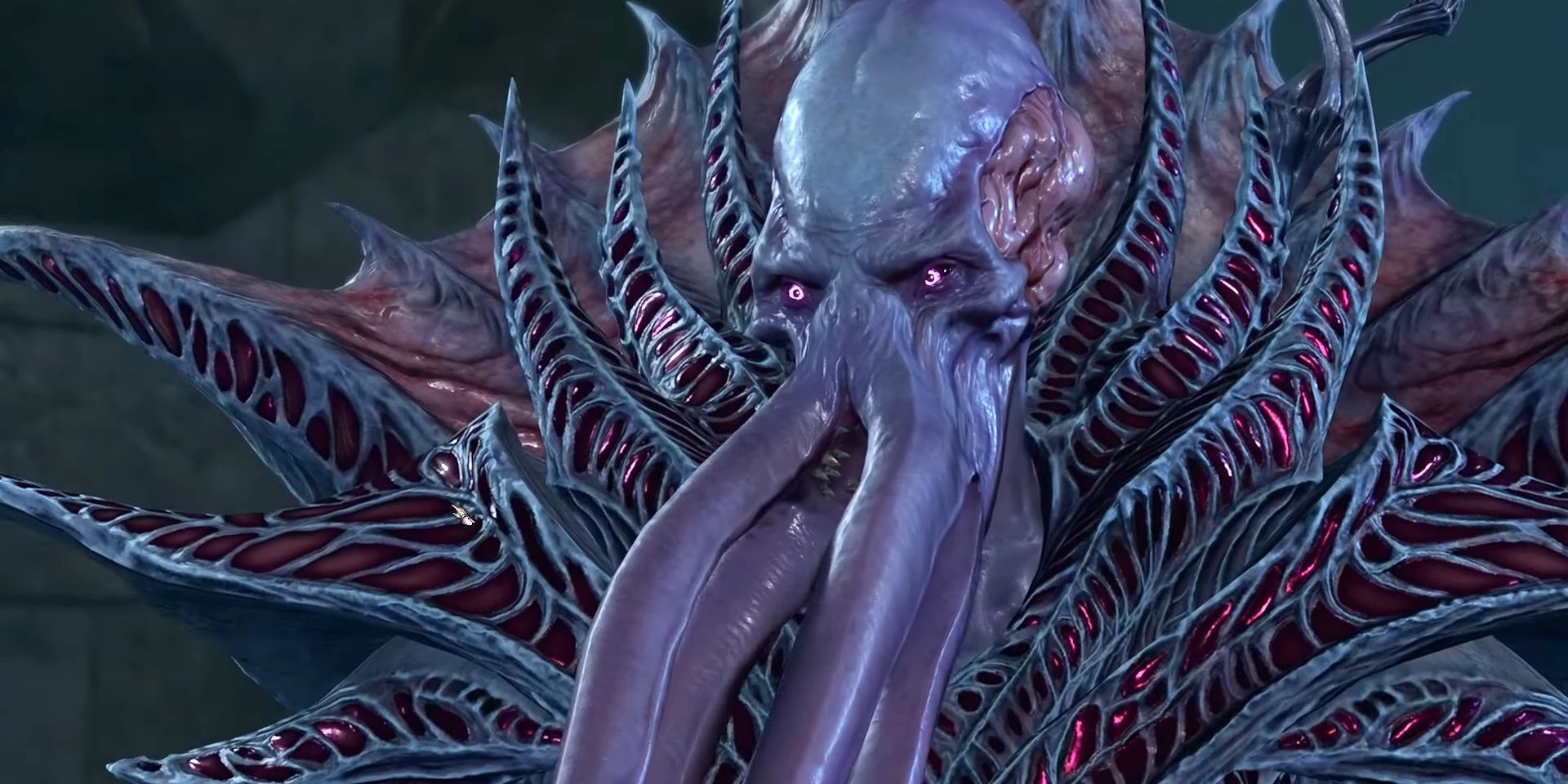
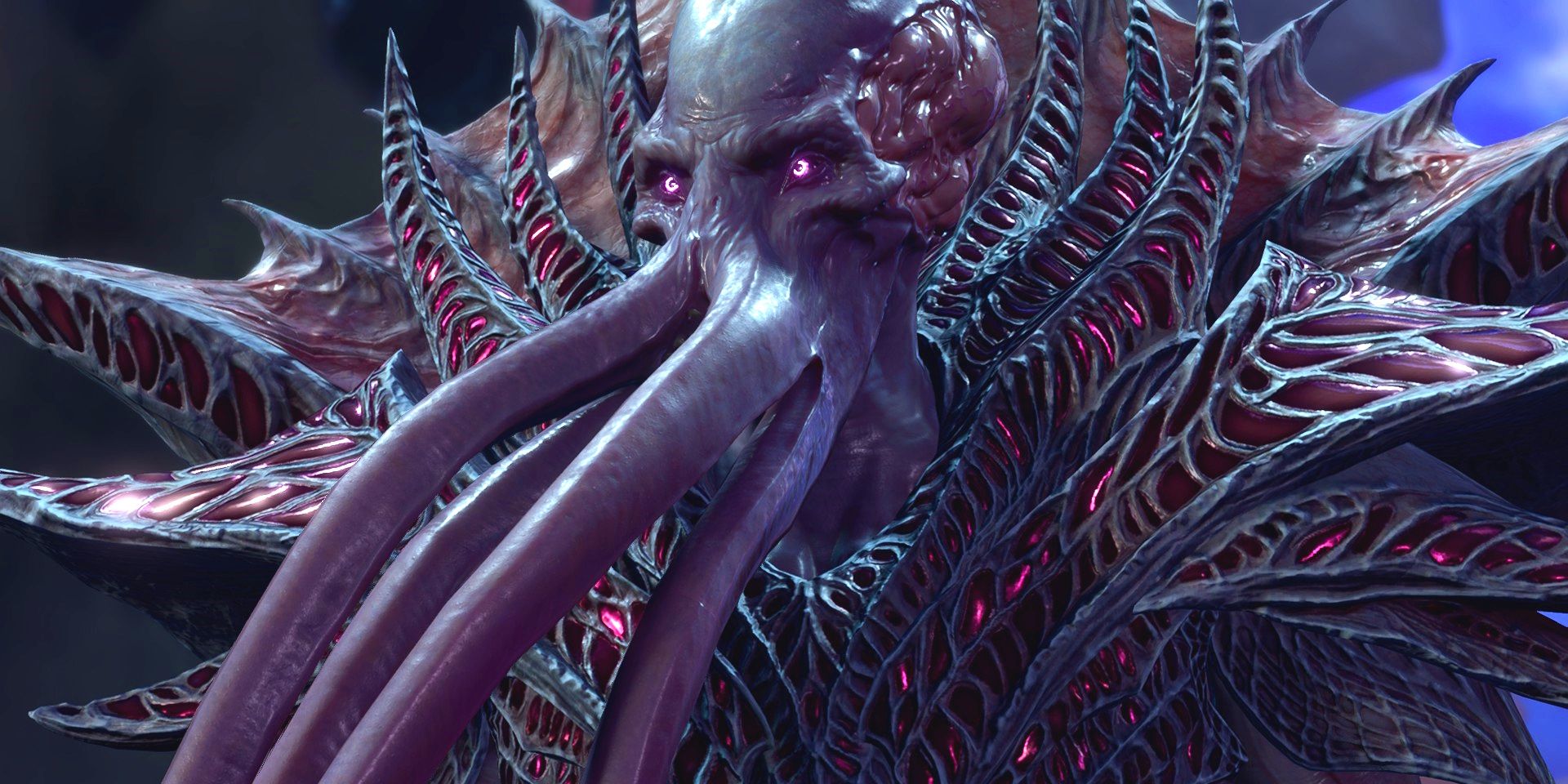





It’s undeniable that the Emperor is manipulative. He consistently speaks to the player in half-truths or just flat-out lies, offering them a chance to be rid of their parasite and claiming that he too wants to be rid of a tadpole – though it’s up to the player to decide whether these lies are necessary. Though it’s true that he may have once wanted to be rid of his illithid influence, by the time players meet him, he appears to have fully embraced it – encouraging the player to do the same.
If the player decides not to side with him, then he will leave to join the elder brain, seemingly dooming Faerûn to the fate he was trying to fight against, while saving his own life. He always acts in his own self-interest, and doesn’t care who he needs to hurt or step over to achieve this – whether it be the player, Ansur, or Stelmane. Though this is an understandable motivation, his decisions still paint him as a coward who is willing to kill his best friend or abandon his allies instead of doing the morally correct thing.
Baldur’s Gate 3’s Story Leaves The Emperor’s Morality Open To Interpretation
The Emperor Is A Neutral Character – His Motivations Are Whatever Suits Your Story
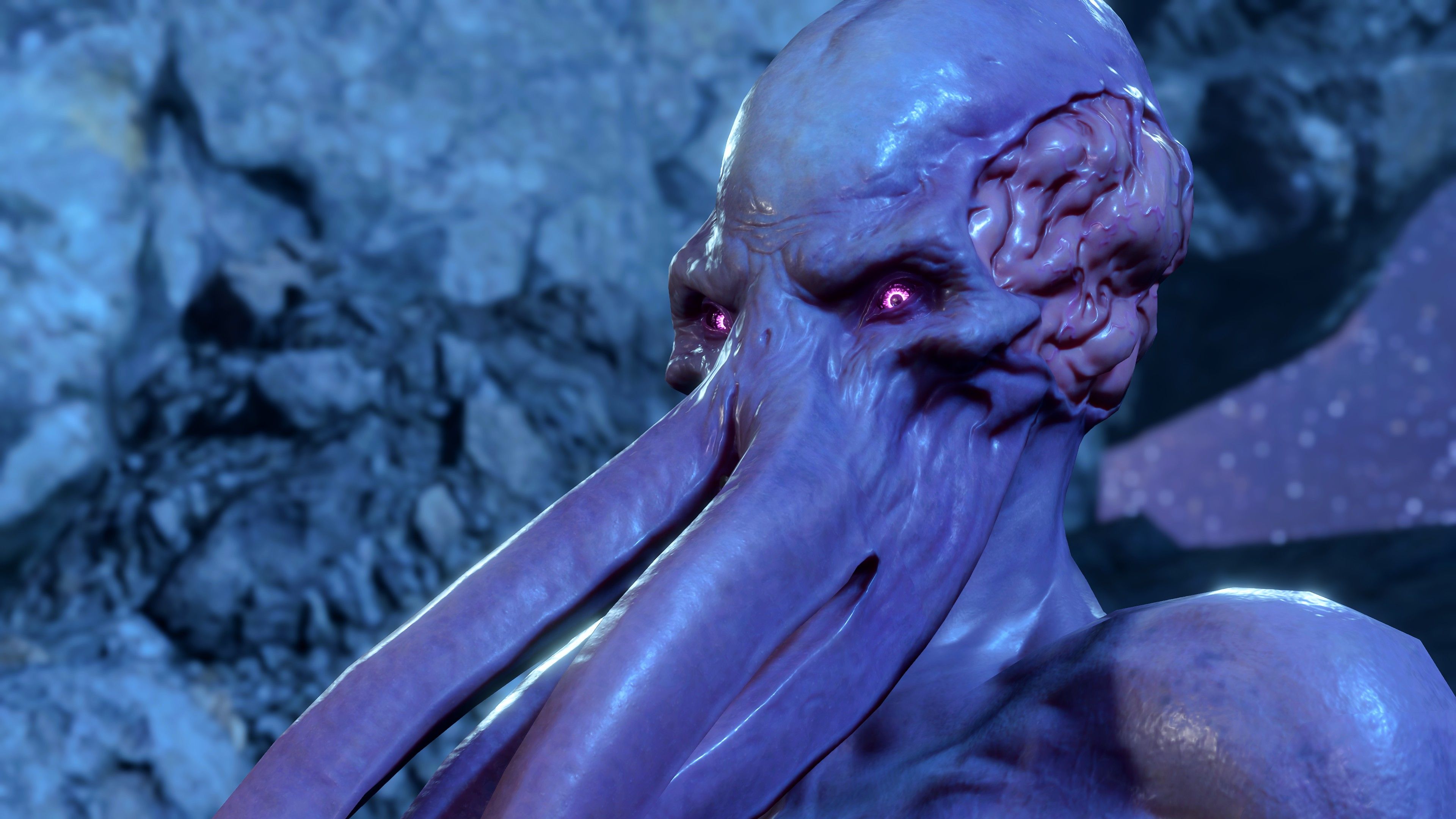
Siding with either Orpheus or the Emperor and defeating the brain will result in a good ending, so the question of the Emperor’s morality may be entirely up to the player to decide: the Emperor can be perceived as malevolent or benevolent depending on the player’s choices. Perhaps similarly to how they can make decisions for the Origin characters, pushing Astarion towards or away from ascension, or encouraging Shadowheart to become a Dark Justiciar or embrace her past.
Near the end of the game, the player needs to roll a persuasion roll to convince the Emperor to take over the Netherbrain, which would also be considered as an “evil” ending. Though comparing him to the Origin characters, most people would consider non-ascended Astarion to be his “true” self, despite that also requiring players to persuade him not to take Cazador’s place because it’s his “good/better” ending. Because of this, the Emperor could be considered evil in the same way Ascended Astarion can be.





